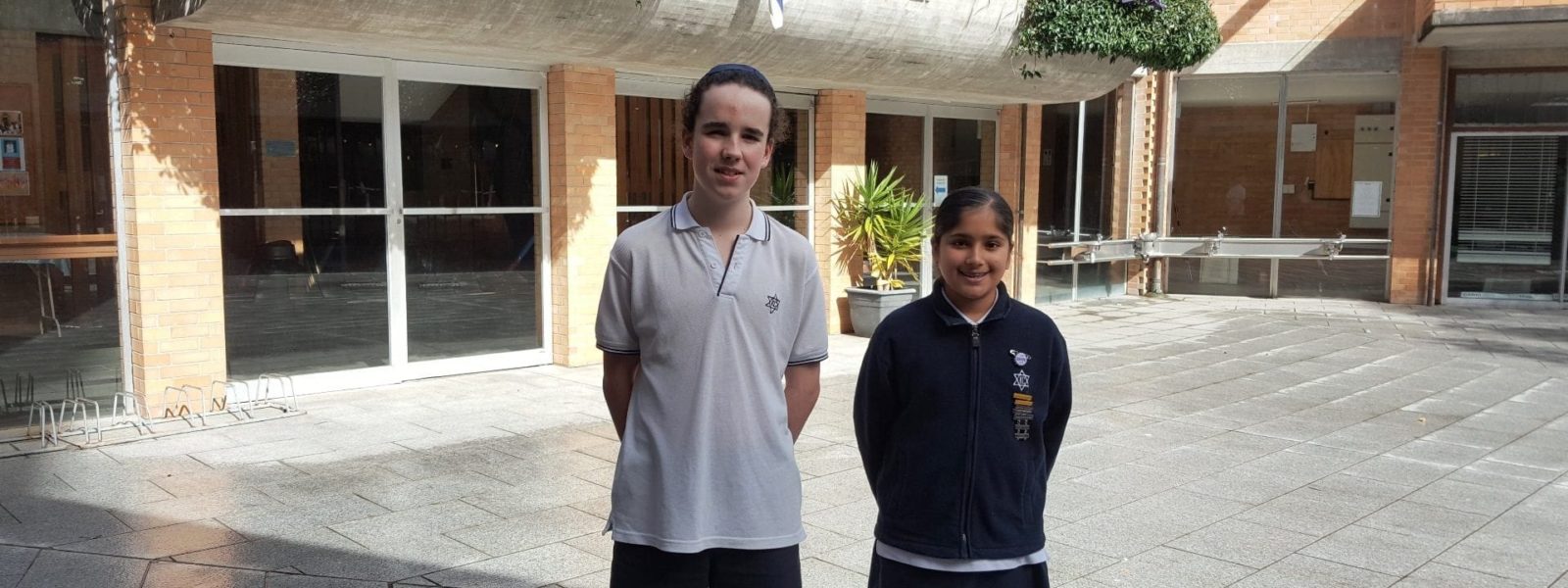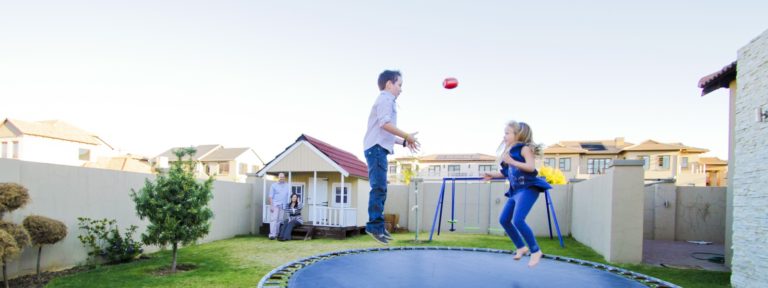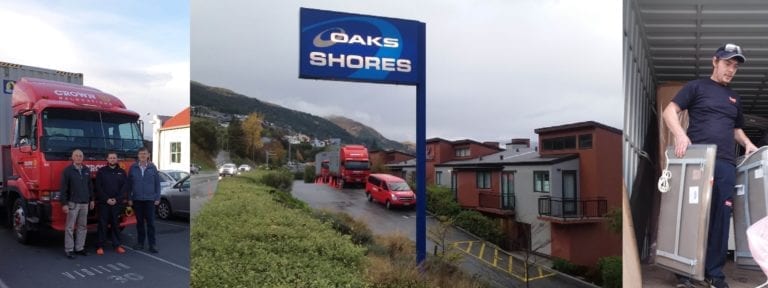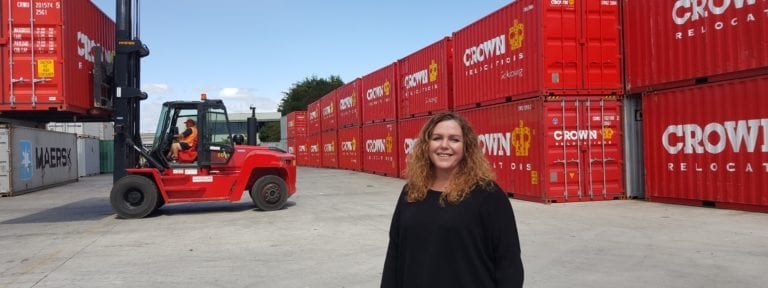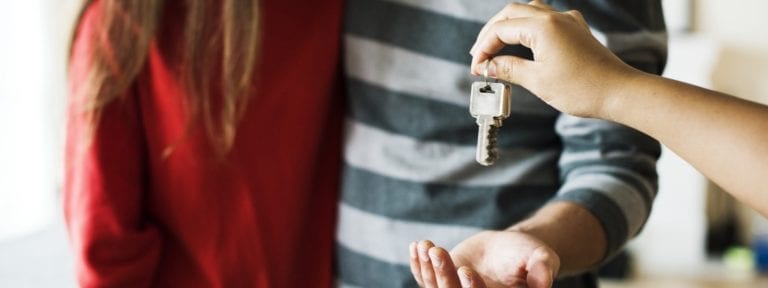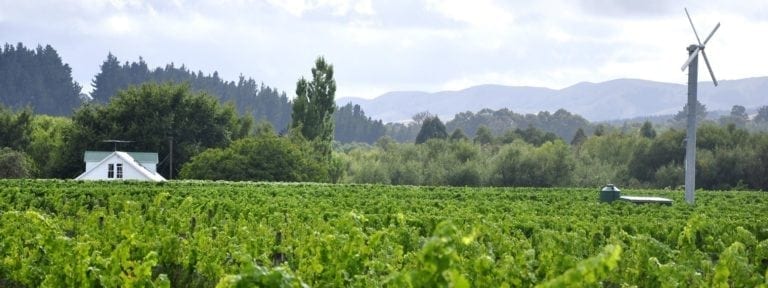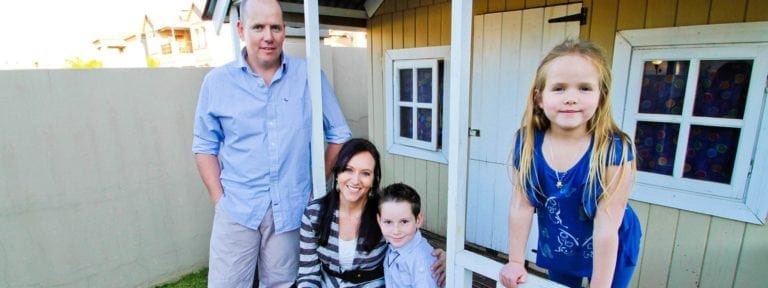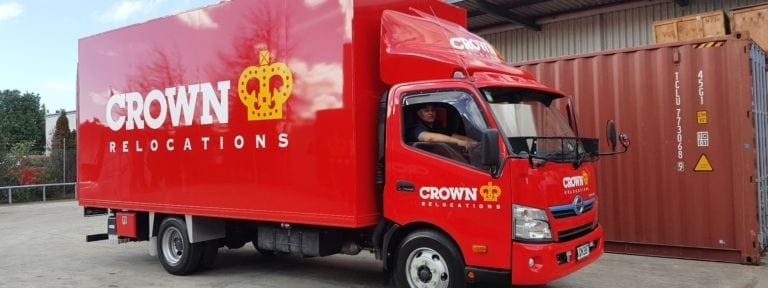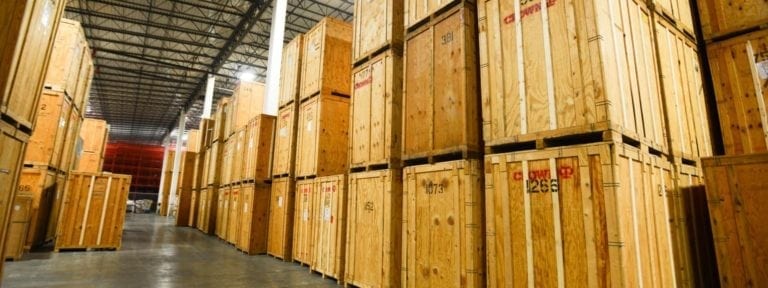We recently paid a visit to the winners of Crown’s inaugural Schools ‘Go Enviral’ challenge award, Kadimah School, and we were delighted to find their bees rejuvenation project is going from strength to strength.
At Crown Relocations NZ, we place a high value on sustainability and green initiatives in our day-to-day operations and office activities. It is a huge part of our culture and our goal is to continuously address environmental issues and improve sustainability in the communities that we belong to.
That’s why we recently ran a nationwide schools Enviro challenge and offered the winning contestants a $3000 prize to be spent on realising their preferred ‘dream’ sustainability project.
Numerous schools took part in the Enviro Challenge with central Auckland school Kadimah College’s Bees sustainability video deemed the outstanding presentation amongst a very high calibre of entries.
In 2011, a United Nations report warned that significant changes were needed to the way bees were managed, otherwise numbers would continue to decline putting the global ecosystem at risk.
Of the 100 crop species that provided 90 per cent of the world’s food, more than 70 per cent were pollinated by bees. A UN biodiversity group released findings last year that indicated bee species were declining by up to 40 per cent in both Northwest Europe and North America due to habitat loss, pesticides, pollution, invasive species and climate change. All of which means that Kadimah’s project is both timely, relevant and important.
Crown representatives were excited to see first-hand how the winning prize had enabled the children and teachers to successfully develop and maintain their bees sustainability project over the last 18 months. We met with school Principal Sue Meltzer and two student body representatives who took us to see the fruits of their work.
Now a year seven student, Mark was in year five when the project was initiated. He gave us a rundown of students’ strategic approach to rejuvenating the local bee population: “So the main idea was that we have bees over here at our hive (on the school grounds) and we try to get lots of them to fly over there to the other hive in the (Myers) park as well. And then back. The idea was that the two hives are quite close together.”
Kadimah teamed up with the Auckland Council’s ‘for the love of bees’ project to target bolstering the flagging bees population in Myers Park, a Council owned public access park that the school is located directly beside. Principal Meltzer has been careful to do all that she can to create the optimum conditions for school’s local bees. Key to this has been locating the school’s hive as close to the Auckland Council owned hive in the park as possible: “If the bees don’t have far to fly, we get more honey as they’re not using so much energy and it’s more efficient. The next improvement that we are looking to make, is we are going to get a sensor installed in our beehive and there’ll be a sensor in the beehive down there (Myers Park). The children are going to be able to log into a website and monitor the health of the bees in real-time,” she explained.
Meltzer also explained that the school had enlisted the help of contracted bee experts to ensure the positioning of the hive was appropriate: “Our beehive is positioned so that it’s north facing, and the bees fly over a tall fence that we’ve constructed so that they don’t interfere with the children playing in the playground. And we usually cordon off access to the hive too.”
Preparing a hive isn’t a basic process and Mark explained the detailed planning the kids participated in: “We put the seeds in circles and we came up with the idea of putting them in a whirl type shape. And then that after we did all the planning and we put all the seeds in and we regularly checked how it was going and what was happening. Then we had a bee guy that helped us, Levi, and he installed the beehives. We then learned about this dial sort of thing which is there so that the bees can all come out, except for the queen. And we learned about wasps and how they usually try to get their honey from the bees and so the hive helps the wasps as well.”
It was obvious from talking to the students that the ongoing project had had a significant impact on the students’ understanding of sustainability issues, protecting our local eco-systems and the importance of supporting sustainable initiatives in our communities. The success of the hive has already been enjoyed in the most obvious and tangible way, last year the hive yielded its first significant batch of harvested honey which was bottled and sold by the students at their annual school fair.
Crown Relocations is delighted that our Enviro schools challenge continues to provide students at Kadimah College with practical educational skills, sustainability awareness and most importantly, fun.

